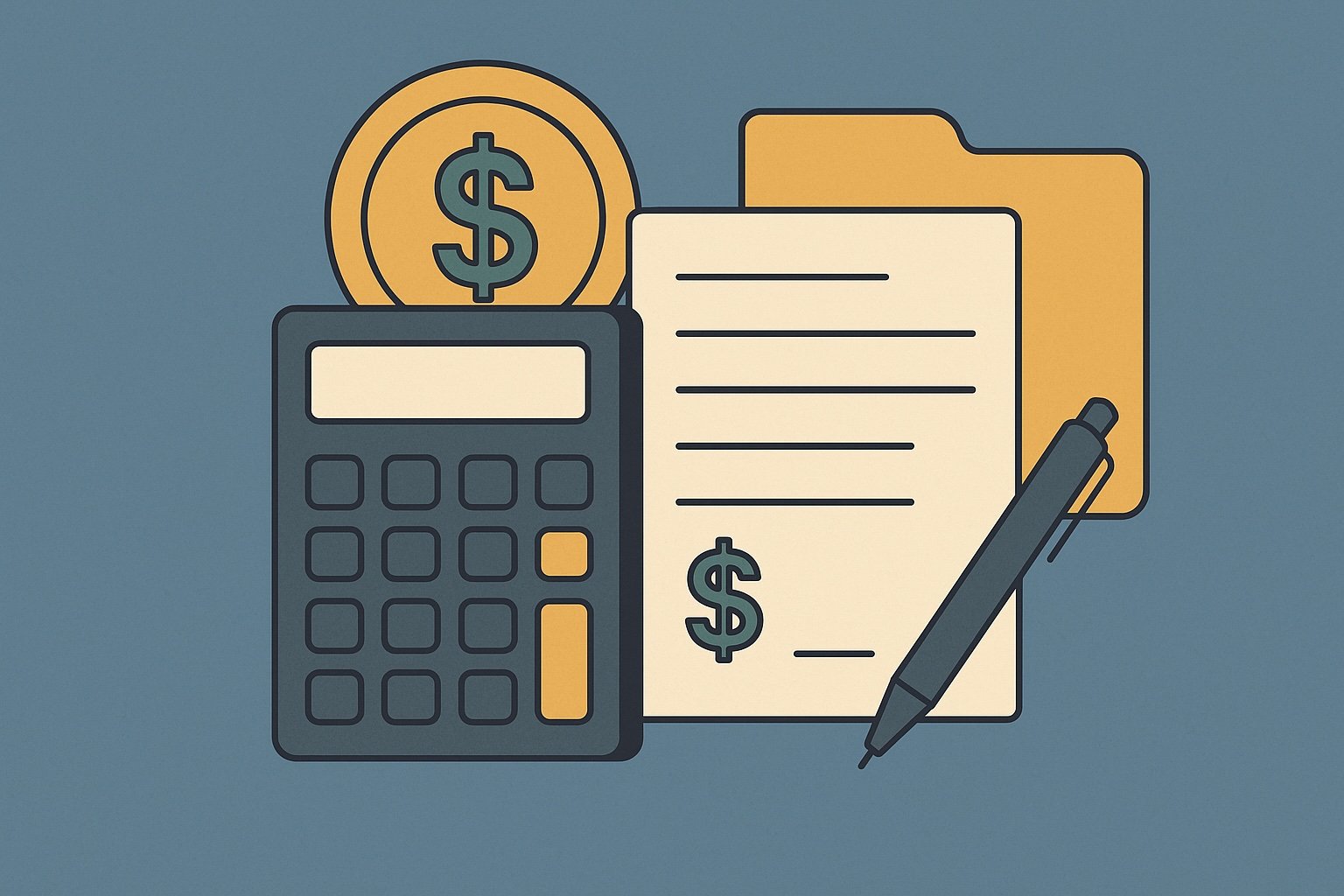Question
ARTE's Answer
A 1031 exchange facilitator, also known as a qualified intermediary (QI), plays a crucial role in the execution of a 1031 exchange, which allows investors to defer capital gains taxes when exchanging like-kind properties. The facilitator acts as a neutral third party to ensure the exchange process adheres to IRS regulations, thereby maintaining the tax-deferred status of the transaction.
The primary responsibilities of a 1031 exchange facilitator include:
- Holding Exchange Funds: The facilitator holds the proceeds from the sale of the relinquished property in a secure account. This is essential because the taxpayer must not have actual or constructive receipt of the funds during the exchange process to qualify for tax deferral.
- Facilitating the Exchange: The facilitator manages the transfer of the relinquished property and the acquisition of the replacement property. This involves coordinating with all parties involved, including buyers, sellers, and title companies, to ensure a smooth transaction.
- Ensuring Compliance with Timeframes: The facilitator ensures that the taxpayer adheres to the strict timelines set by the IRS. Specifically, the replacement property must be identified within 45 days of selling the relinquished property, and the entire exchange must be completed within 180 days.
- Providing Documentation: The facilitator provides the necessary documentation to support the exchange, including the exchange agreement and assignment of rights, which are critical for IRS compliance.
At Deferred.com, we offer qualified intermediary services with a unique "No Fee Exchange" option, which can save investors money. By choosing us as your facilitator, you can rest assured that your exchange will be handled with the utmost professionalism and adherence to IRS guidelines.
To illustrate how a 1031 exchange facilitator works, let's consider an example:
Imagine you own an investment property, a commercial building, that you purchased for $300,000. Over the years, its value has appreciated, and you now have the opportunity to sell it for $500,000. You want to defer the capital gains tax on the $200,000 gain by using a 1031 exchange to purchase a new property, a larger office building, for $600,000.
Here's how the process would work with Deferred.com as your facilitator:
- Sale of Relinquished Property: You sell your commercial building for $500,000. Instead of receiving the proceeds directly, the funds are transferred to us, Deferred.com, as your qualified intermediary.
- Identification of Replacement Property: Within 45 days of the sale, you identify the larger office building as your replacement property.
- Purchase of Replacement Property: Within 180 days, you complete the purchase of the office building for $600,000. We, as the facilitator, use the $500,000 held in the exchange account to fund part of the purchase, and you arrange for additional financing or cash to cover the remaining $100,000.
- Completion of Exchange: We coordinate the transfer of the replacement property to you, ensuring all documentation is in order and the transaction complies with IRS regulations.
By using Deferred.com as your 1031 exchange facilitator, you successfully defer the capital gains tax on your $200,000 gain, allowing you to reinvest the full amount into your new property. This example highlights the critical role of a facilitator in managing the exchange process and ensuring compliance with tax laws.
Have more questions? Call us at 866-442-1031 or send an email to support@deferred.com to talk with an exchange officer at Deferred.
1031 Question? Ask ARTE
Deferred's AI 1031 Research Assistant is trained on 8,000+ pages of US tax law and outperforms human CPAs by 22%+
CHAT NOW
Learn More
See more frequently asked questions about 1031 exchanges








